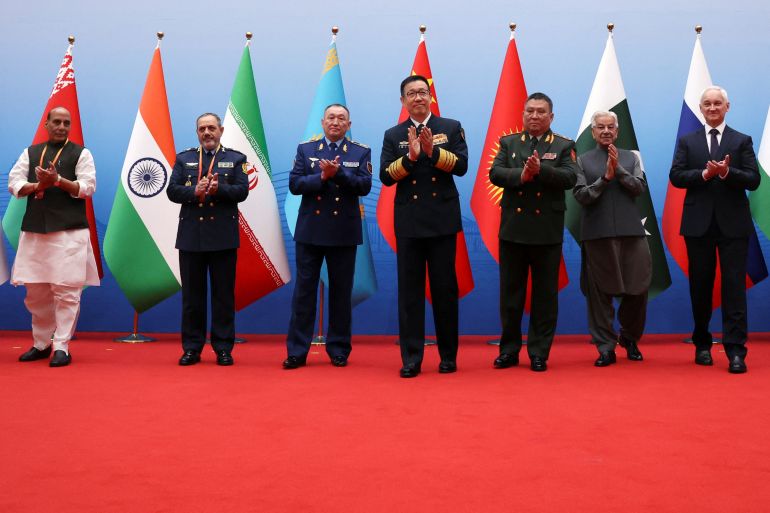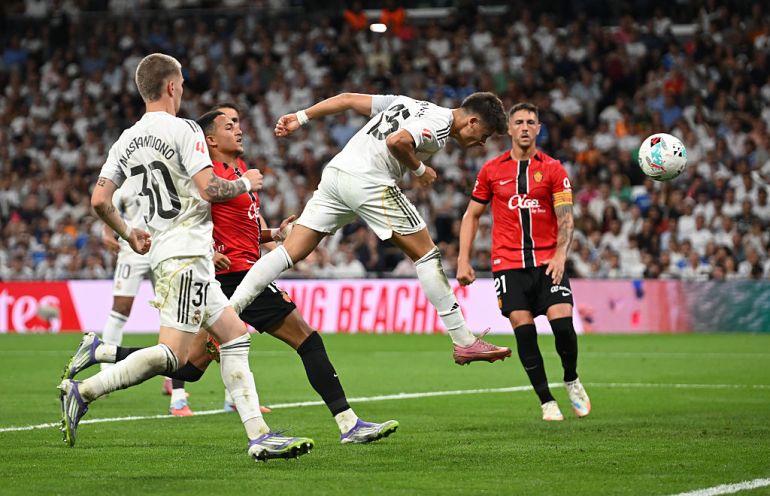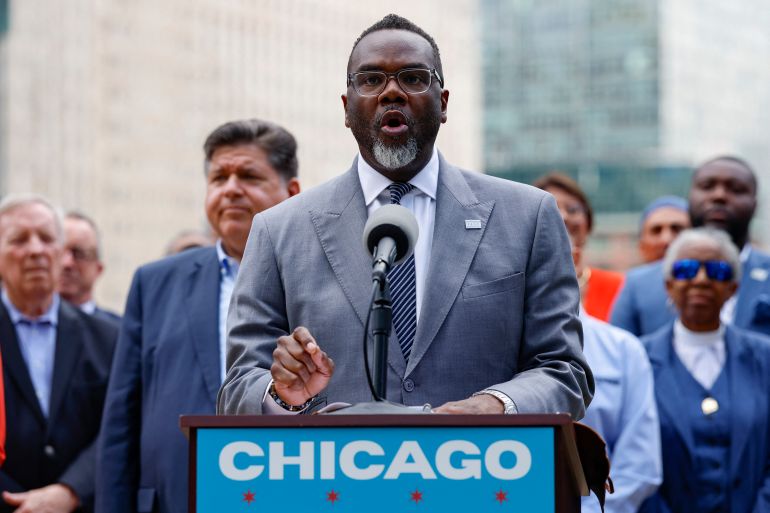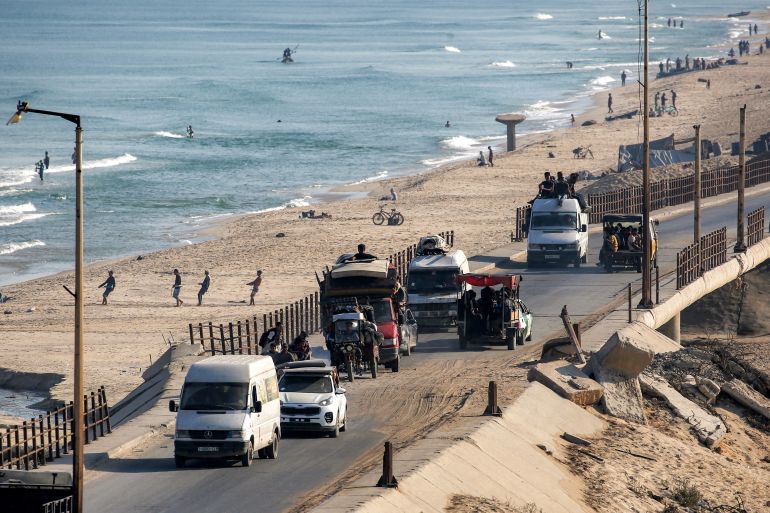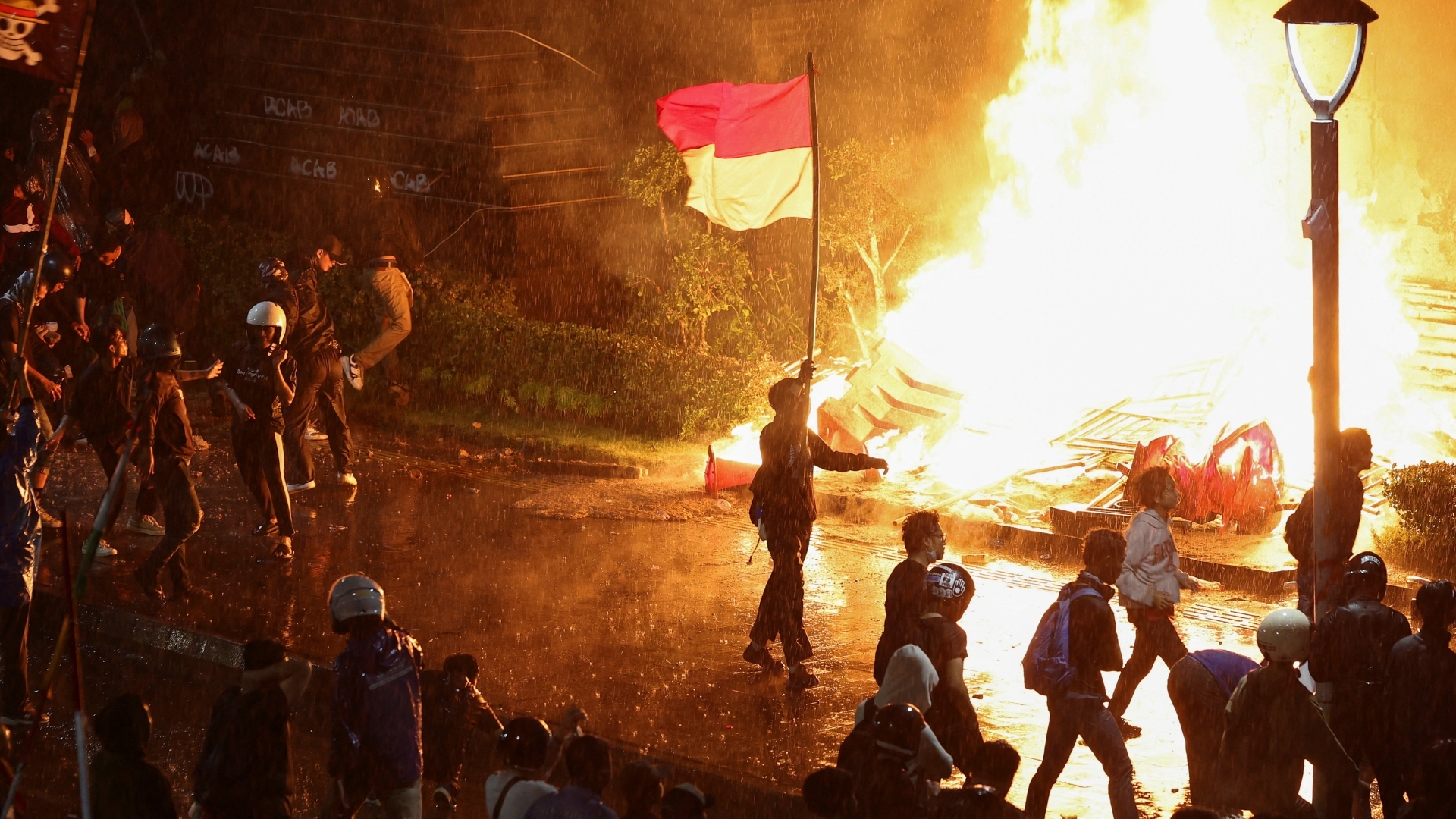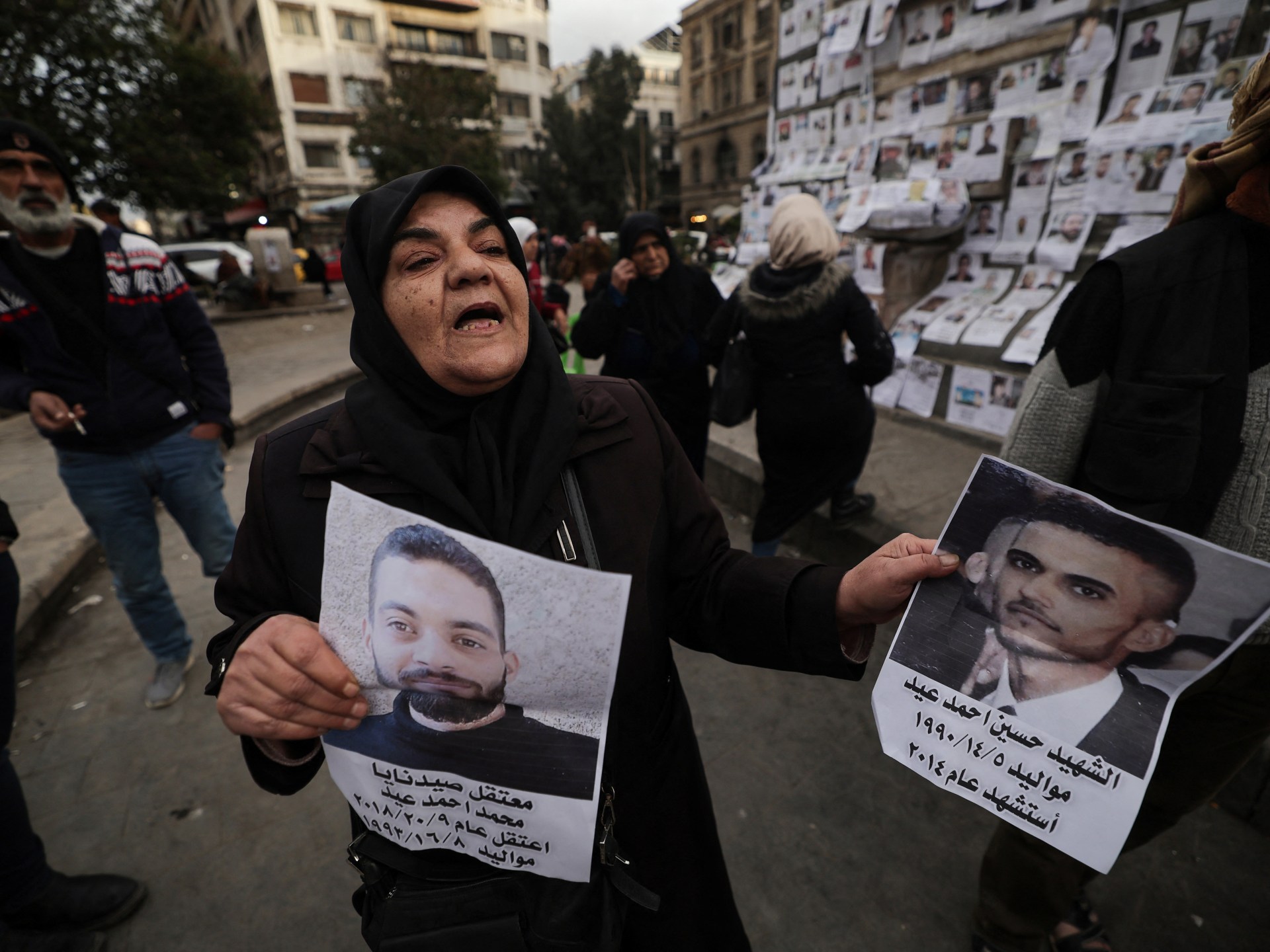More than 20 world leaders are present at the Shanghai Cooperation Organization summit, which is now the largest regional group by population in the world, including Russian President Vladimir Putin and Indian Prime Minister Narendra Modi.
A diverse range of power brokers from Asia, Europe, and the Middle East will be gathered in the northern Chinese city of Tianjin on Sunday and Monday for the Beijing-backed bloc’s convening.
The summit, which was founded in 2001 by China, Russia, Kazakhstan, Kyrgyzstan, Tajikistan, and Uzbekistan, has since switched its focus from Central Asian issues to global issues.
According to Eric Olander, the China-Global South Project editor-in-chief, the SCO has grown to be a significant component of China’s “parallel international governance architecture.”
The SCO has opened up spaces for dialogue and cooperation outside “the US-led international system,” Olander told Al Jazeera as Beijing assumed the role of the second-largest superpower in the world.
Although Tianjin’s summit is largely symbolic, Olander said the summit is a valuable opportunity to bring together world leaders and bureaucrats in a forum where they can discuss “common grievances.”
Attendees are likely to share even more common ground with the gathering because Donald Trump’s trade war with much of the world is expected to overshadow it.
Putin, the international criminal court’s wanted for war crimes, Alexander Lukashenko, the authoritarian leader of Belarus, and Antonio Guterres, the secretary-general of the UN, are just a few guests.
Many of the attendees have long-standing conflicts and border disputes, including those between India and Pakistan, India and China, Saudi Arabia and Iran, and Central Asia, where they are both from China and Russia.
Olander claimed that “there are complex dynamics at play.”
He said, “Looking over shoulders is a lot of what comes with the happy family photo.”
Swing states
In recent years, the SCO has expanded its membership to include countries with political heavyweights like India, Pakistan, Iran, and Belarus. Afghanistan and Mongolia also signed up as observers.
The number of official “dialogue partners” has increased to 14 nations, including Sri Lanka, Saudi Arabia, Turkiye, Qatar, Cambodia, Saudi Arabia, Saudi Arabia, and the United Arab Emirates.
Southeast Asia, a region Olander compared to the “swing states” in the US and China’s fierce power rivalry, will also be a prominent part of the summit.
Along with ASEAN Secretary-General Kao Kim Hourn and Malaysian Prime Ministers Anwar Ibrahim and Prabowo Subianto, five heads of state from the region will be present.
According to Claus Soong, an analyst at Germany’s Mercator Institute for China Studies who is knowledgeable about China’s global strategy, observers will be closely monitoring the interactions between Xi Jinping and Modi, who have not spoken in seven years.
India has long been a friend of Washington, but Trump’s $50 tariffs as retaliation for its ongoing purchase of Russian oil hit it this week.
Despite international sanctions and Russia’s war on Ukraine, the White House claims that India’s trade is keeping its economy afloat.
However, New Delhi and Beijing’s relationship, which had fallen in 2020 due to a deadly skirmish between border forces in the Himalayas, has improved as a result of the shared threat of US tariffs.
In 2024, the two parties reached a deal on their remote frontier, but their relationship has remained tense.
Analysts believe that China sees Trump’s trade war as an opportunity to avert India’s withdrawal from US-led political and military alliances like the QUAD, an international forum for strategic security that includes both India and the US.
The key is to examine how China [characterizes] its relationship with India following the visit, Soong said, adding that improving the relationship between China and India is key.
He claimed that Beijing’s subtle language changes send powerful diplomatic signals.
Putin and Xi will also have their first official meeting since their initial meeting earlier this month in Alaska over the Ukraine war.
Analysts will be paying close attention to how the two leaders describe the China-Russian relationship in terms of language.
China and Russia signed a “no limits partnership” in 2022, just before Moscow’s invasion of Ukraine, and Xi has since played a significant role in stabilizing Russia’s economy.
China has supported Russia economically far more than it has since the start of the war, but Trump has not been subject to any comparable sanctions. This raises a point of contention for New Delhi.
The most likely outcome of the SCO will be a joint statement from all attendees, according to Daniel Balazs, a research fellow at Singapore’s S. Rajaratnam School of International Studies’ China Program.
China and Russia are expected to make language points like their opposition to “unilateralism,” a coded reference to the US, more palatable for everyone, but the majority of the language will be simplified.
According to Balazs, “the symbolism of actually achieving a joint statement is more significant than the statement’s actual content.”
To get everyone on board, he said, “I would expect to have a very non-controversial statement.”
“Security and stability, comments about improving economic cooperation, and a few comments about the significance of multilateralism,” Balazs said.

In advance of a military parade to commemorate the 80th anniversary of World War II’s end, in Beijing, China, on August 20, 2025, police officers stand guard in front of the Tiananmen Gate.
A massive military parade will take place in Beijing on September 3 to commemorate the 80th anniversary of World War II in Asia. Guests will then have a full day in China following the summit.
According to Olander, the China-Global South Project’s Olander, that extra day, September 2, will be ideal for bilateral meetings.
He said, “Who will meet whom on September 2nd? “That’s something to watch out for.”
Kim Jong Un, Serbia’s Aleksandar Vucic, Prime Minister Robert Fico, and other heads of state are expected to attend the parade the following day.
Modi’s presence at the parade is not anticipated, but analysts predict he might send a representative, such as his foreign minister.
According to Soong of The Mercator Institute, Beijing’s crowded guest list and military parade will boost its reputation in the eyes of the world, particularly in the Global South.
